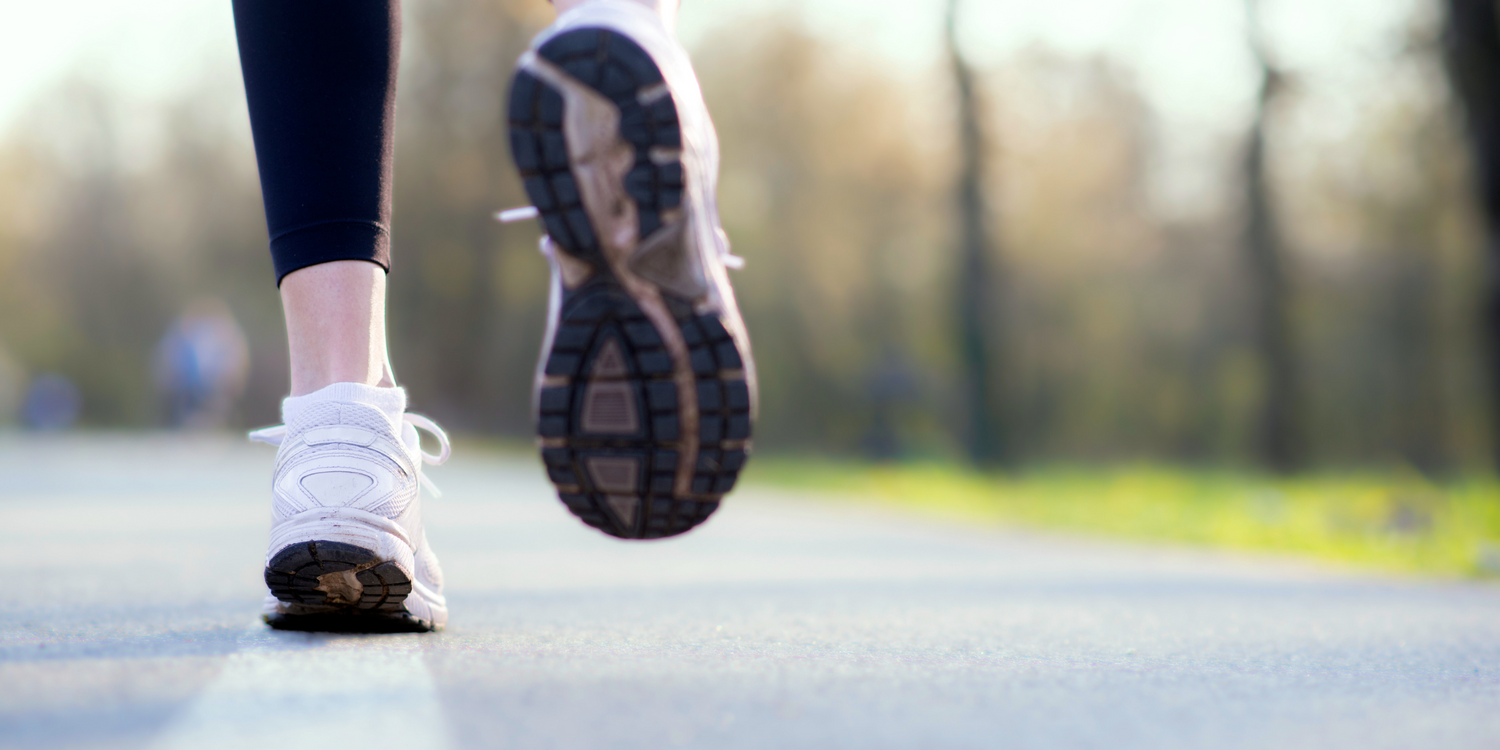Key Takeaways
- Hormones play a crucial role in every process in the body, including training success.
- Depending on the phase of your menstrual cycle and the intake of various artificial hormones, your muscle strength and endurance can change.
- Learn how the pill affects your training success and how you should structure your workout depending on your cycle phase.
The human body is a complex system in which hormones play a crucial role in various physiological processes. In particular, the natural hormonal cycle in women* can have an influence on athletic performance. In addition, the use of hormonal contraceptives, especially the pill, raises interesting questions regarding muscle building and endurance.
The natural hormonal cycle and athletic performance
The effects of the menstrual cycle on athletic performance can vary from woman* to woman*. The menstrual cycle in women* consists of four phases:
- Menstruation,
- Follicular phase,
- ovulatory phase and
- luteal phase.
Each of these phases is controlled by different hormones, in particular oestrogen and progesterone. Women* can organize their training in line with their hormonal cycle. Always listen to your own body and take your individual needs into account.
Menstrual phase (days 1-5):
Many women* feel exhausted during their menstrual period. It is important to listen to your body and plan more rest if necessary.
Light to moderate exercise such as walking, yoga or swimming can be enjoyable during this phase.
During this phase, you should pay particular attention to drinking enough fluids.
Follicular phase (days 6-14):
As oestrogen levels rise, many women* feel more energetic and stronger.
This is a good time for more intense workouts and strength training.
Endurance training can also be effective.
Ovulation phase (days 15-17):
The ovulation phase can be accompanied by an increase in energy and performance.
High-intensity interval training units (HIIT) or demanding training units can be effective in this phase.
The high oestrogen level has a protective effect on the skeletal muscles, which can lead to faster recovery.
Luteal phase (days 18-28):
Progesterone increases during this phase, which can lead to increased water retention and possibly reduced performance.
Focus on good sleep and stress management is important.
Strength training and moderate endurance training can be beneficial during this phase.
These fluctuations are experienced differently from woman* to woman*. It is completely normal if you feel them strongly or not at all. Recording exercise performance and tracking symptoms related to the menstrual cycle can help to identify individual patterns and adjust training accordingly.
Does the pill affect muscle building?
The effects of taking the pill on muscle building and endurance in women* are complex and can vary from person to person. The pill, also known as hormonal contraception, usually contains a combination of oestrogen and progestogen that suppresses ovulation and therefore prevents conception.
Some studies suggest that hormonal changes caused by the pill may have an impact on muscle development and athletic performance. For example, oestrogen, a hormone contained in the pill, can affect protein synthesis, which could have an impact on muscle building. However, the results are mixed and there is no clear scientific conclusion on this topic.
In some cases, women* report that they may have water retention from the pill, which can lead to a feeling of weight gain. This could affect the feeling of stamina, but is not the same as an actual change in aerobic fitness.
The study situation is still very thin (for example, only 73 women* were observed in the above-mentioned study) and really conclusive results are still lacking. However, the available studies do not currently indicate that the pill has a strong effect on your endurance and muscle building. If you are involved in competitive sports or have very ambitious training goals, you can clarify this issue with your doctor.
Medically Reviewed
This text was created by medical editors on the basis of specialist medical literature and current studies. Our aim is to work scientifically, identify sources and regularly check that the content is up to date.
References & Literature
- Dr. Acker, F.-H. (2018): Training and nutrition for women. Muscle building, fat loss, hormones, the female triad, the pill. CreateSpace Independent Publishing Platform, 1st edition
- Elliott-Sale KJ, McNulty KL, et al. (2020). The effects of oral contraceptives on exercise performance in women: a systematic review and meta-analysis. Sports Medicine, 50(10), 1785-1812.
- Lee, CW, MA Newman, and SE Riechman. 2009. Oral Contraceptive Use Impairs Muscle Gains in Young Women (Abst. 955.25). Experimental Biology 2009, New Orleans (April 21).
- Martin, D. et al (2016): A perspective on current research investigating the effects of hormonal contraceptives on determinants of female athlete performance.
- Moser I., Glechner A., Ledinger D., Klerings I., Influence of contraceptives on athletic performance: Rapid Review. EbM Physicians' Information Center; May 2022.
- Prof. Dr. med. Platen, P. (2008): Increased performance through the body's own hormones
- Procter-Gray, E. et al (2008): Effect of oral contraceptives on weight and body composition in young female runners
- Ralloff, J. (2009): Birth control pills can limit muscle-training gains

